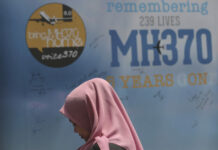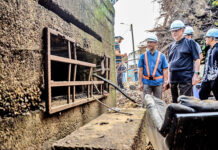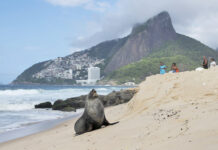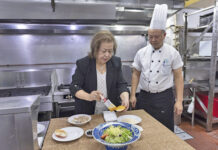COLOMBO (AFP) – Crisis-hit Sri Lanka is asking civil servants to take an extra day off each week to grow crops in their backyards in a bid to forestall a looming food shortage.
The island nation’s unprecedented economic downturn has left several staple foods in short supply, along with petrol and medicines, and rampant inflation is ravaging household budgets.
“It seems appropriate to grant government officials leave for one working day of the week and provide them with the necessary facilities to engage in agricultural activities in their backyards,” a Cabinet statement said yesterday.
The extra day off would be a “solution to the food shortage that is expected to occur in the future”, the statement read, adding that cutting down on civil servant commutes would also help reduce fuel consumption. Last week the United Nations (UN) warned Sri Lanka was facing a “dire humanitarian crisis”, and said four out of five people in the nation of 22 million were forced to skip meals.
Motorists, meanwhile, have suffered through months of chronic petrol and diesel shortages, and long queues of vehicles outside filling stations are a regular sight around the country.
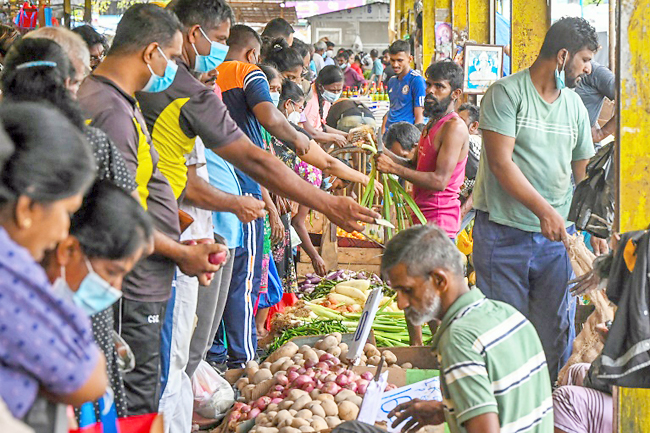
Public employees will have every Friday off for the next three months without a pay cut, according to the Cabinet decision, but the arrangement will not apply to essential services staff.
The government also said any members of the 1.5 million-strong public sector who wanted to travel abroad to find work would be given up to five years of unpaid leave without affecting their seniority or pensions.
The move is aimed at encouraging more people to get foreign jobs and send money back to the island, which is labouring under a critical shortage of foreign currency to buy imports.
Sri Lanka has defaulted on its USD51 billion foreign debt and is in talks with the International Monetary Fund (IMF) for a bailout.
Public protests have demanded the resignation of President Gotabaya Rajapaksa over mismanagement of the country’s economy and the severe hardships facing its people.
Rajapaksa introduced sweeping tax cuts soon after coming to power in November that have been blamed for leaving the island without the means to pay for essential imports.
The cash shortfall was worsened by the COVID-19 pandemic, which savaged the local tourism industry and cut remittances sent back home by Sri Lankans working abroad.







